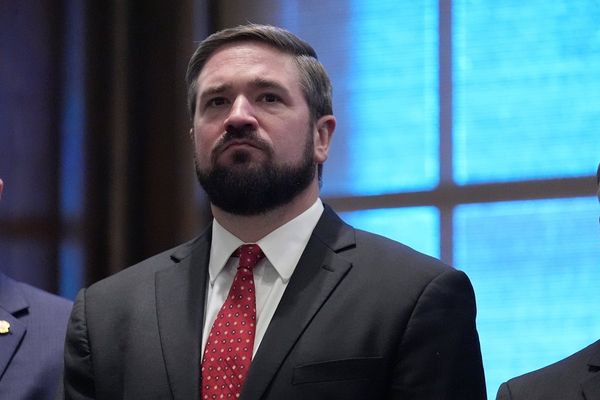
Hope of finding earthquake survivors trapped under their homes in some of the remotest parts of the Atlas mountains in Morocco was fading rapidly as rescue efforts continued into their fourth day.
Search and rescue teams were still attempting to reach the smallest hamlets and villages in the mountainous region of Al Haouz, close to the epicentre of the 6.8-magnitude quake that struck on Friday night.
Morocco’s armed forces have set up field hospitals in the earthquake zone and flown helicopters over the peaks in an attempt to distribute aid and ferry the wounded.
“It’s clear that as time passes, the chance of finding survivors under the rubble is diminishing,” said Moulay Hafid Alaoui, the head of the Moroccan Red Cross for Marrakech-Safi. He cited access problems along mountain roads that had sustained damage.
As the complicated rescue efforts continued and the number of dead neared 3,000, with more than 5,000 wounded, questions remained about the nature of the state’s response. Morocco’s King Mohammed VI returned from France on Saturday to chair a disaster management meeting with the cabinet that afternoon but he has not spoken directly to the public.
The king arrived in Marrakech, the major city closest to the earthquake zone, on Tuesday evening and visited earthquake victims at their hospital bedside according to state media. But there has been little suggestion of a royal visit to the impoverished Al Haouz region worst affected by the disaster.
Hassan Aourid, one of Morocco’s most prominent public intellectuals and a former palace spokesperson, spoke to the Guardian from the town of Amizmiz, at the foot of the Atlas, while volunteering with rescue efforts.
“At first, there was a sentiment among the population that they had been left to fend for themselves, given that this a mountainous region with many areas that are extremely difficult to access,” he said. “People felt abandoned, although this was not the case due to the deployment of the armed forces who also brought first responders with them as well as setting up hospitals.
“Without question, there is now a feeling of reassurance, people are much more reassured after the king’s emergency meeting,” he added, referring to the disaster response meeting that took place several days earlier.
Moroccan public television aired footage of a meeting on Sunday in the administrative centre of Al Haouz region between the interior minister, the army, health ministers and local authorities. Cabinet ministers, including the prime minister, Aziz Akhannouch, who hails from a southern province also affected by the earthquake, are yet to visit members of the public in Al Haouz.
Observers such as Samia Errazzouki, an expert in the history and governance of the Moroccan state at Stanford University in California, said government ministers were attempting to respond to the crisis while ensuring their work did not overshadow any efforts by the palace.
Callout
The king has for years been accused of governing the country from France, where he reportedly owns a 10-bedroom mansion near the Eiffel Tower and a chateau north-east of Paris, despite strained diplomatic relations between the two countries.
“The state is fundamentally a reflection of how ineffective Moroccan governance has been, due to the fact that it relies entirely on an authoritarian structure of a figure who is very absent,” Errazzouki said.
Speaking to CNN, Khalid Zerouali, an official from Morocco’s interior ministry, rebuffed questions about whether the king would visit the earthquake zone or even make any further public statements, pointing instead to the emergency session last weekend.
“It’s a time of actions not words and we are working under the instructions and guidance of his majesty … he’s been working closely and he’s been following minute by minute what’s happening in the field,” he said.







